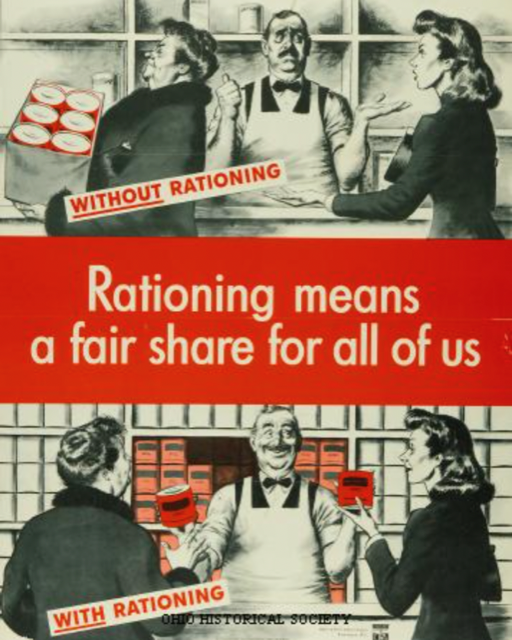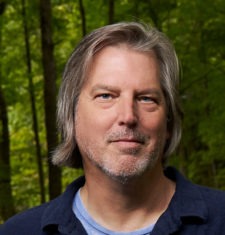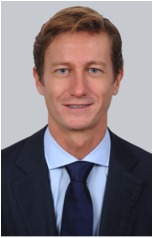The FAN Initiative brings to one place powerful narratives describing the system vulnerabilities; reflections by leading thinkers on the power to meet the challenge; and the ways some are responding to shift us from collapse to a compelling future.
Subscribe to our newsletter
The FAN Initiative 2023 © All Rights Reserved.










